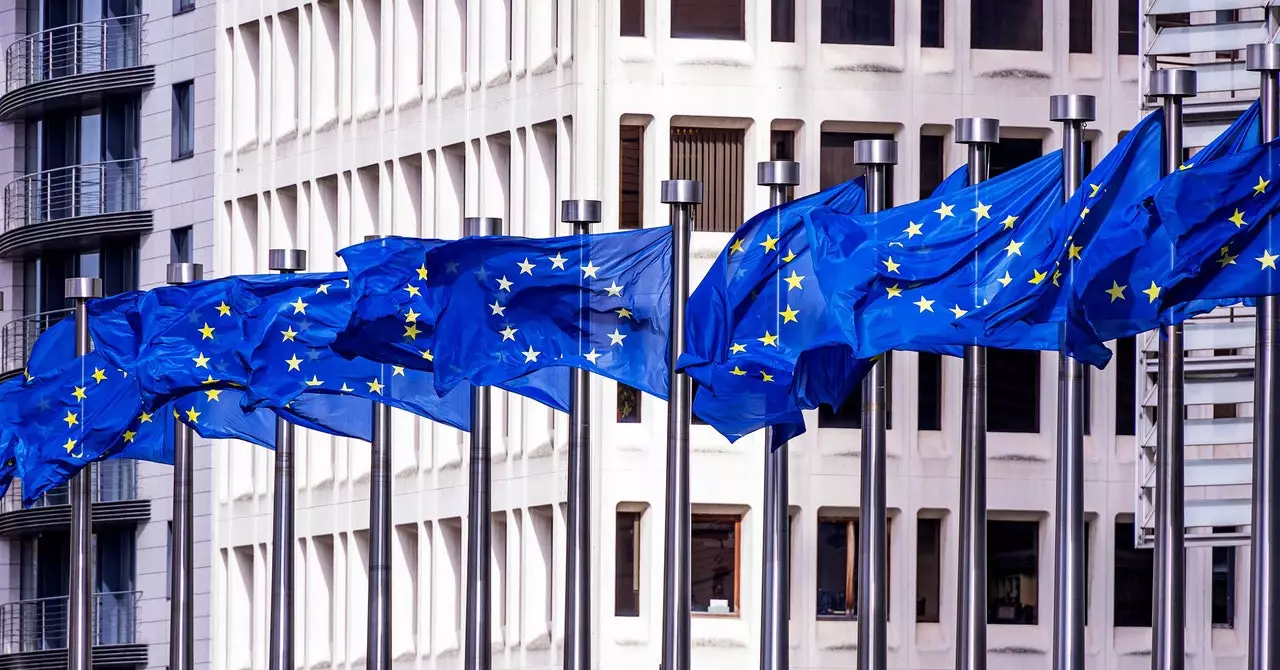The latest target of the European Commission’s regulatory actions is Bing, Microsoft’s search engine. Brussels has raised concerns about Bing’s failure to properly moderate content produced by generative AI systems, such as Bing, Copilot, and Image Creator. This has led to suspicions of violations of the Digital Services Act (DSA), Europe’s latest digital regulation.
The European Commission has been increasingly assertive in dealing with big digital giants, many of which are based in the US or China. While sanctions have been imposed on companies like Google, Meta, and Apple in the past, there is now a shift towards closer scrutiny and modification before fines are levied. The goal is to understand how these tech giants operate and make necessary changes through regulations like the Digital Services Act.
The Scope of the European Commission’s Regulatory Efforts
The Digital Services Act targets transparency in algorithms and advertising, combating online harassment, protecting minors, preventing user profiling, and eliminating dark patterns. The Commission has identified 22 multinational companies, including Google, YouTube, Meta, Bing, LinkedIn, and Amazon, as key focus areas for regulatory efforts. The recent investigation into Bing is just one example of the Commission’s proactive approach to regulating Big Tech.
In addition to the Digital Services Act, the European Commission has a range of other digital regulations, such as the Digital Markets Act, the AI Act, the Data Governance Act, and the Data Act. These regulations address topics like data protection, artificial intelligence, digital markets, and cybersecurity. The Commission is intent on demonstrating the effectiveness of these regulations in producing positive outcomes in the digital sphere.
While the European Commission has made progress in holding tech giants accountable and implementing regulations, the road ahead is still fraught with challenges and uncertainties. The complex nature of digital bureaucracy, along with the ever-evolving landscape of technology, presents ongoing challenges for regulators. While successful blows have been landed, such as ByteDance’s response to the suspension of TikTok Lite’s gamification feature, the future remains uncertain.
The European Commission’s duel with Bing and other tech giants highlights the growing importance of digital regulations in today’s tech-driven world. By taking a proactive approach to regulating Big Tech, Brussels aims to ensure transparency, accountability, and consumer protection in the digital space. Despite challenges and uncertainties, the Commission’s efforts signal a new era of digital governance that prioritizes the interests of citizens and the integrity of online platforms.


Leave a Reply